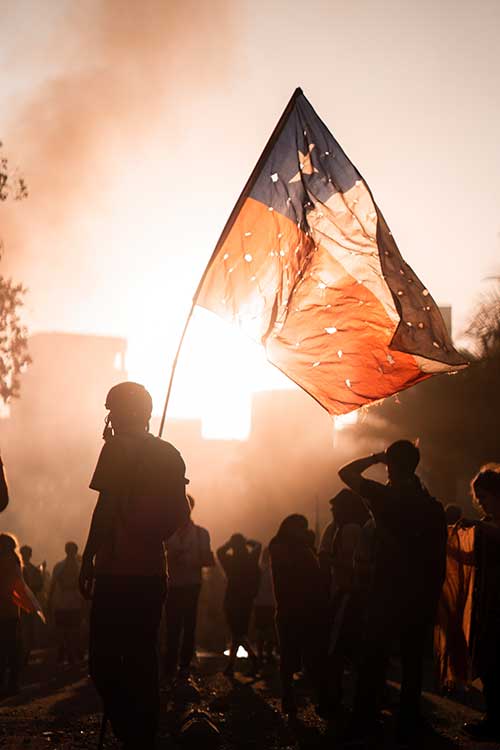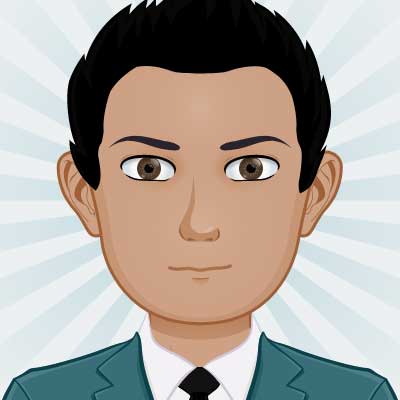Life Under Augusto Pinochet
You may not know this but one of our Sun Valley residents, Adolfo Rodriguez (a neighbor of Jose Mier), was originally from Chile and lived through the coup and subsequent ruling years of Augusto Pinochet. For you unfamiliar with those days, Adolfo took some time to submit some information about the Pinochet years.
After taking power in a bloody CIA-backed coup, General Augusto Pinochet ruled Chile with a rod of iron for 20 years, throughout which human rights offenses became the standard of Chilean life.

Hailing from an upper-middle class background, Pinochet got in the military academy in Santiago at the age of 18, graduating three years later as a second lieutenant. By 1968 he had increased to the rank of brigadier general.
In 1970, Salvador Allende, a Marxist, ended up being president of Chile with the backing of the Christian Democrats, and started restructuring Chilean society along socialist lines. As an outcome, America imposed difficult financial sanctions and the CIA spent millions of dollars destabilizing the Allende regime, much of it going into Pinochet’s pockets.
By 1972, the Chilean economy had collapsed. Without any foreign investment, production had actually come to a standstill. There were prevalent strikes, inflation, food shortages and civil unrest. With the support of armed forces, Pinochet staged a military coup on 11 September 1973. It was bloody even by Latin American requirements. The navy seized the crucial port of Valparaiso, while the army surrounded the presidential palace in Santiago. Allende refused to step down. When the palace was overrun a couple of hours later, he was discovered dead. It appears that he shot himself instead of face unavoidable torture and execution.
Pinochet was called president 2 days later on. Some 14 000 would be tried and performed or expelled from the nation, while Pinochet claimed he was only attempting to ‘bring back institutional normality’ of Chile.
In June 1974 Pinochet assumed sole power, with the rest of the junta relegated to an advisory role. Under Pinochet’s high-handed guideline, it is estimated that 20 000 individuals were killed and abuse was prevalent.
While Pinochet continued to preserve tight control over the political opposition, he was rejected by a plebiscite in 1988. He eventually stepped down in 1990 after immunity from prosecution in Chile. He remained on as army chief of personnel. Throughout a shopping trip to London in October 1998, he was detained on a Spanish warrant charging him with murder. He was later accused of torture and human rights infractions. For 16 months, he combated his extradition through the British courts, and after that in January 2000, Home Secretary Jack Straw chose that he was too ill to stand trial and sent him back to Chile.
As a result, America enforced hard financial sanctions and the CIA spent millions of dollars destabilising the Allende regime, much of it going into Pinochet’s pockets.
With the support of armed forces, Pinochet staged a military coup on 11 September 1973. Pinochet was called president two days later. Some 14 000 would be tried and carried out or expelled from the nation, while Pinochet claimed he was only attempting to ‘restore institutional normality’ of Chile.
While Pinochet continued to maintain tight control over the political opposition, he was turned down by a plebiscite in 1988.

